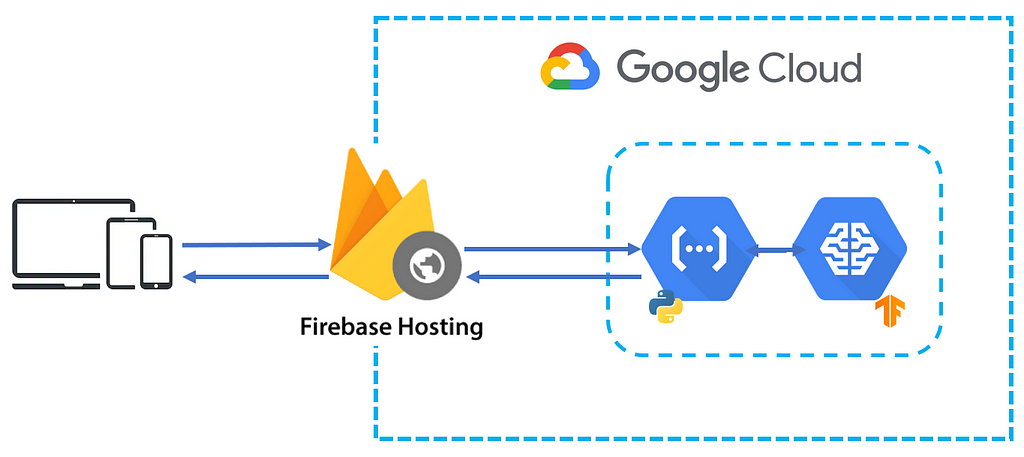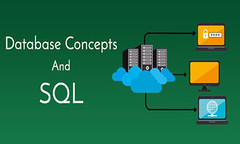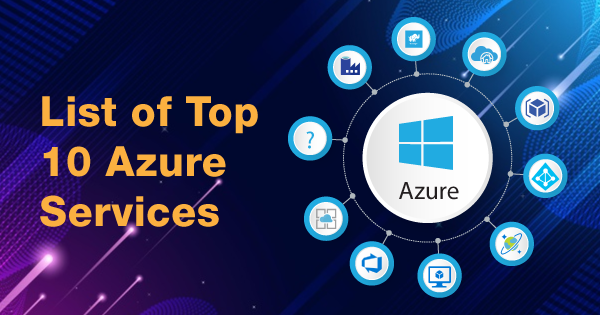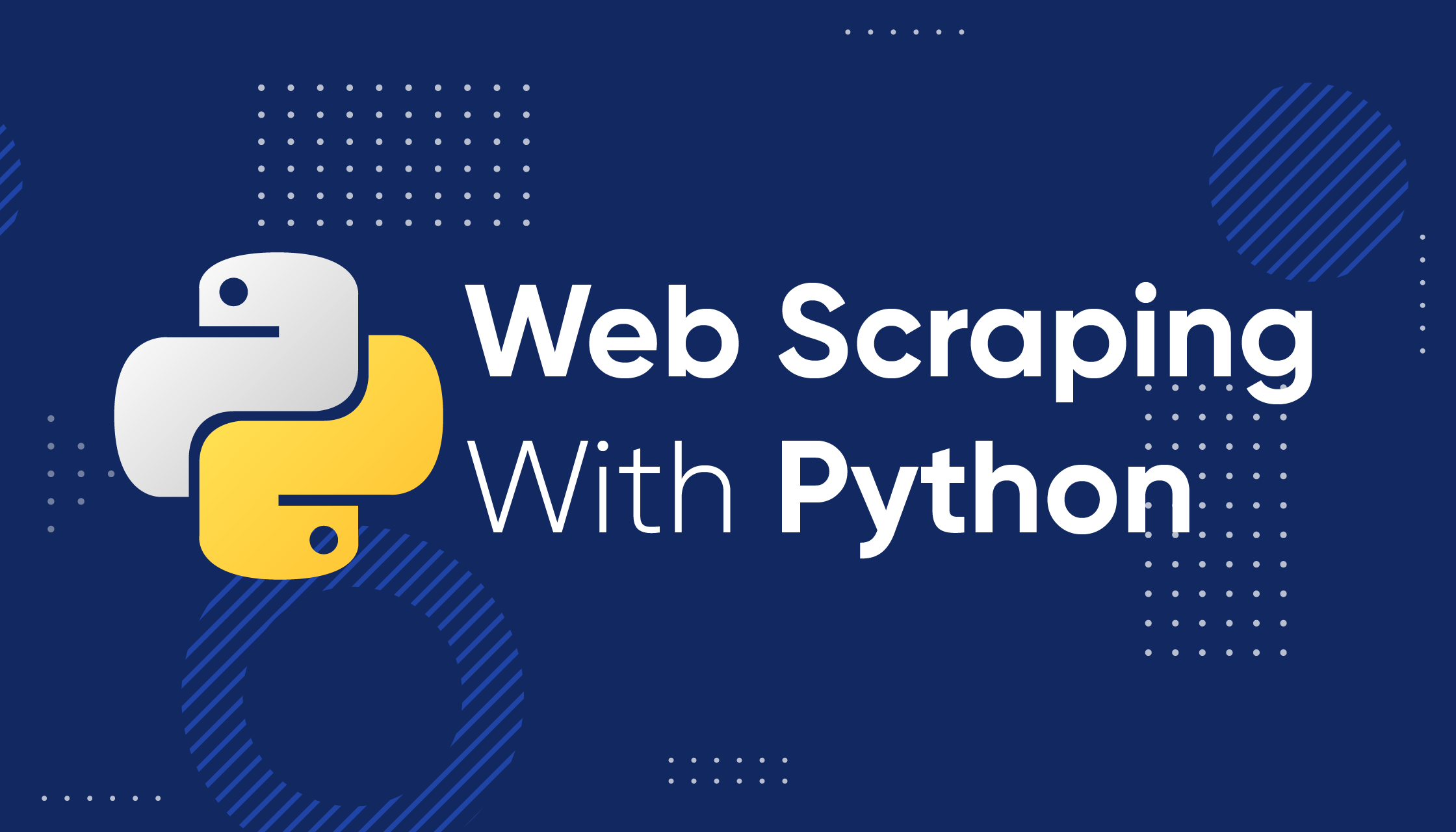Selecting the right cloud solution for your project is crucial, and Google offers two powerful options: Google Cloud Platform (GCP) and Firebase. In this article, we’ll compare Google Cloud Platform vs. Firebase to help you make an informed decision based on your project’s specific needs.
Google Cloud Platform (GCP): The Robust Cloud Infrastructure
Google Cloud Platform (GCP) is Google’s suite of cloud computing services designed for building, deploying, and scaling applications. It provides a wide range of infrastructure and services to meet the demands of complex enterprise applications.
Key Features of GCP:
- Infrastructure Services: GCP offers virtual machines, storage options, and networking solutions for scalable and customizable infrastructure.
- Big Data and Machine Learning: It provides tools like BigQuery and TensorFlow for big data analytics and machine learning applications.
- Containers and Kubernetes: GCP has robust support for containerized applications and Kubernetes orchestration.
- Global Reach: Google’s extensive global network ensures low-latency access to data centers worldwide.
Elevating Your XML Files: The Advantages of Using an Online Beautifier
Firebase: The App Development Platform
Firebase is Google’s mobile and web application development platform. It simplifies the app development process by providing a suite of backend services and tools that help developers build high-quality apps quickly.
Key Features of Firebase:
- Realtime Database: Firebase offers a NoSQL database that syncs data in real time, making it ideal for applications that require instant updates.
- Authentication: It provides secure user authentication methods, including social media logins.
- Hosting and Cloud Functions: Firebase offers hosting services and serverless cloud functions for web apps.
- Analytics and Crash Reporting: Firebase provides robust analytics and crash reporting to track user engagement and app performance.
Google Cloud Platform vs. Firebase: A Comparison
Let’s compare GCP and Firebase using a side-by-side table to highlight their strengths and use cases:
| Aspect | Google Cloud Platform (GCP) | Firebase |
|---|---|---|
| Use Case | Enterprise-level applications, big data | Web and mobile app development |
| Infrastructure Services | Extensive range for building infrastructure | Backend services tailored for apps |
| Machine Learning | Advanced machine learning and big data tools | Limited machine learning capabilities |
| Scalability | Highly scalable, customizable infrastructure | Scalable app development platform |
| Realtime Features | Limited native support for realtime updates | Strong support for realtime updates |
| Authentication | Broad authentication options | Secure user authentication |
| Analytics | Google Analytics integration | Firebase Analytics for app insights |
FAQs Related to GCP and Firebase
Q1: Can I use Firebase with Google Cloud Platform?
Yes, Firebase is integrated with Google Cloud Platform, allowing you to leverage both platforms in your projects for a comprehensive cloud solution.
Q2: Which platform is suitable for a large-scale web application?
Google Cloud Platform (GCP) is better suited for large-scale web applications that require extensive infrastructure and advanced machine learning capabilities.
Q3: Is Firebase only for mobile apps?
While Firebase is known for mobile app development, it can also be used for web app development, making it versatile for various project types.
Proxy Extensions for Google Chrome: Enhancing Your Online Privacy
External Links for Further Information
For in-depth information on Google Cloud Platform, Firebase, and their use cases, explore these external resources:
In conclusion, choosing between Google Cloud Platform and Firebase depends on your project’s requirements. GCP is a robust choice for enterprise-level applications and advanced infrastructure needs, while Firebase streamlines web and mobile app development. By understanding their features and comparing them, you can make an informed decision to suit your specific project goals.













